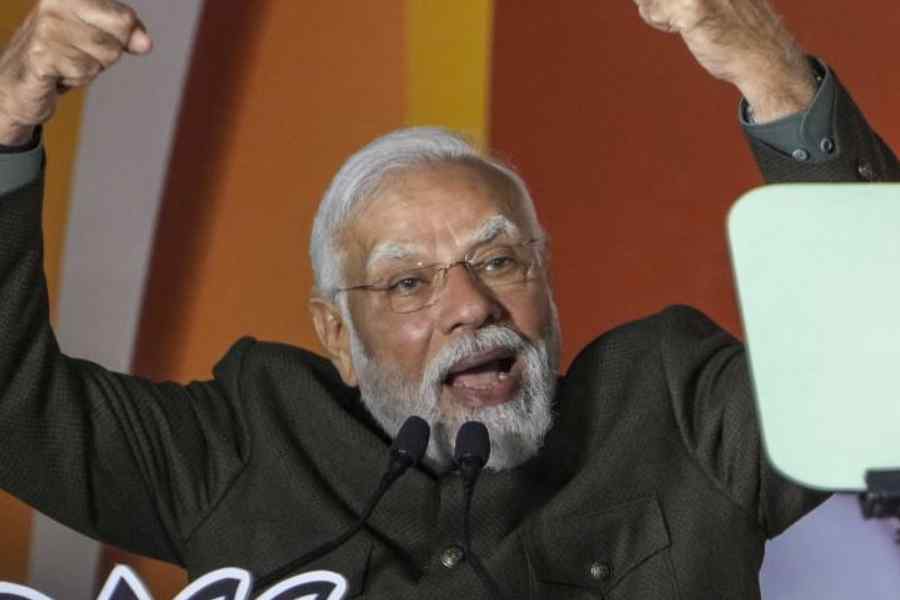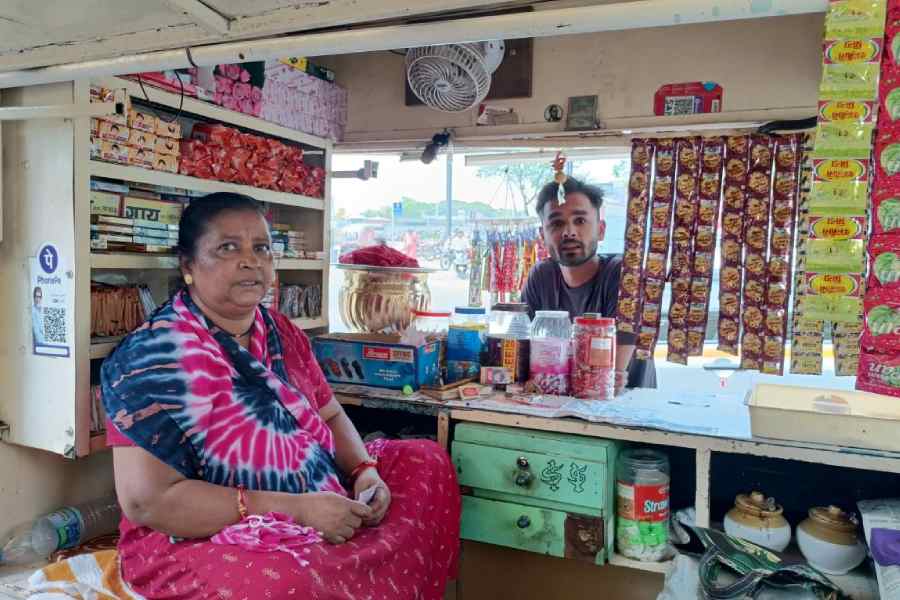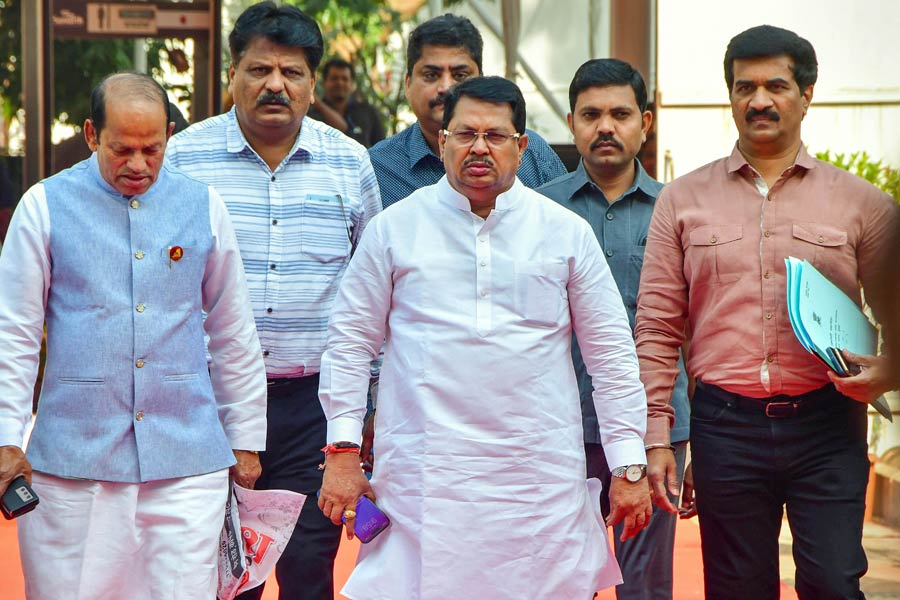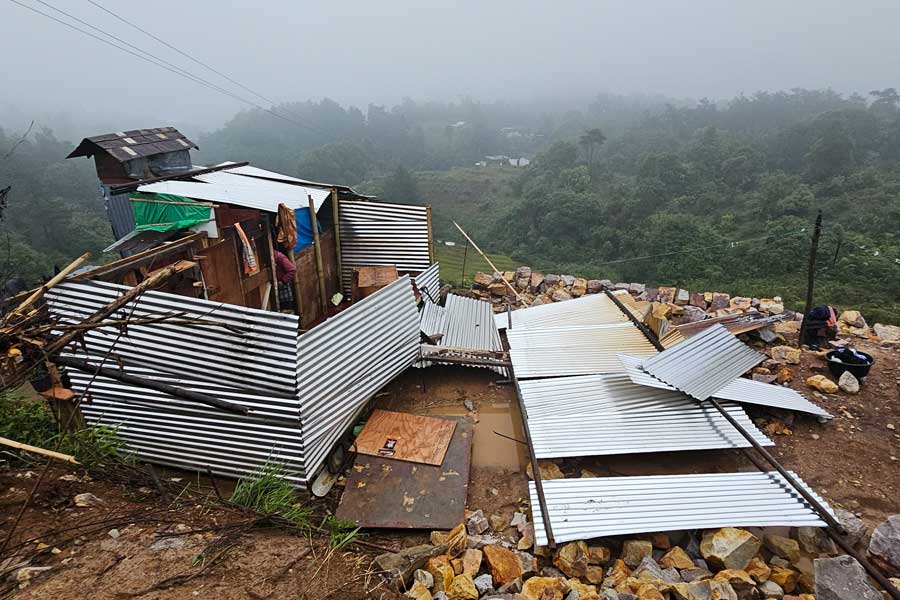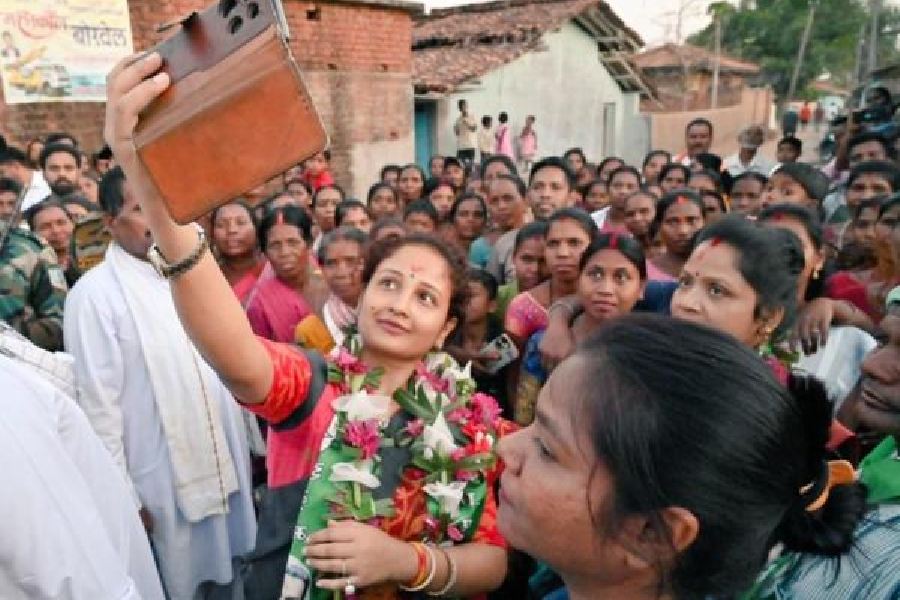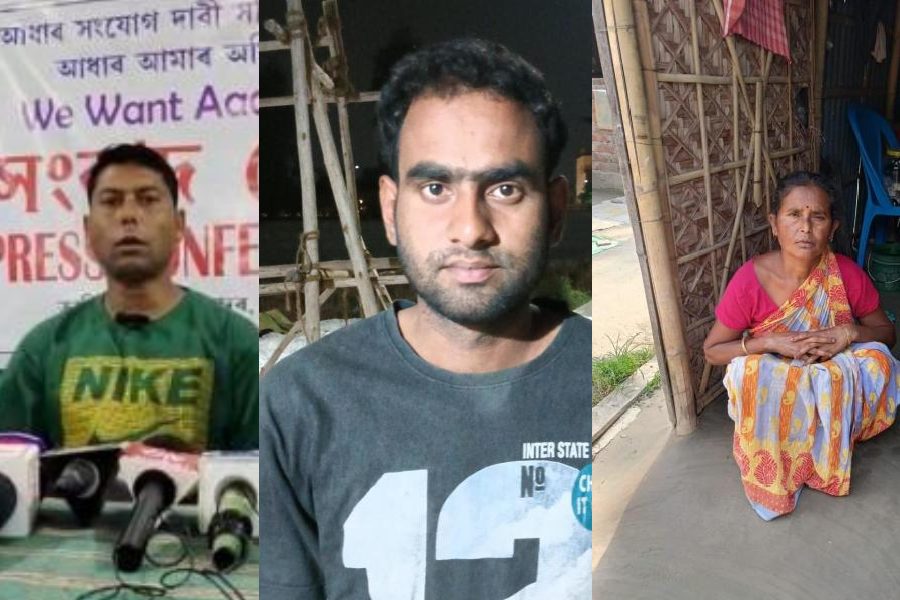The BJP’s sweep of the three Hindi-speaking states on Sunday has also reflected in the seats reserved for Scheduled Tribes (STs), constituencies with higher-than-average tribal populations where the Congress used to have an edge.
In his victory speech, Prime Minister Narendra Modi said: “Today every tribal brother and sister is happy thinking that they have won.”
The BJP’s win came despite incidents like that of a BJP supporter urinating on a tribesman in Madhya Pradesh’s Sidhi earlier this year. The party reaped the benefit of actions like renaming places after tribal icons, opposing the conversions of tribals to Christianity, and through schemes like the Particularly Vulnerable Tribal Groups Mission.
The tribal parties — the Bharat Adivasi Party (BAP) and the Gondwana Gantantra Party (GGP) — have held their own. The GGP aligned with the BSP in Madhya Pradesh and Chhattisgarh.
The goal of the BAP is the creation of a separate state in the Bhil tribal areas of Rajasthan, Madhya Pradesh, Gujarat and Maharashtra.
Chhattisgarh, Madhya Pradesh and Rajasthan account for more than 31 per cent of India’s tribes. Of the 101 seats reserved for STs in these states, the BJP won 53, the Congress 43, the BAP four and the GGP one. In 2018, the BJP had won 45 and the Congress 52, with the others winning four seats.
Of the 25 constituencies reserved for STs in Rajasthan, the BJP won 12, the Congress 10 and the BAP three. In 2018, the BJP had won nine, the Congress 12, while two each went to the BTP and Independents.
The BAP polled more than the victory margin in eight seats — of which the BJP won six, and the Congress two.
In Madhya Pradesh, the BAP won a single seat and got more votes than the victory margin in two seats. The GGP didn’t win any seat but damaged the prospects of either of the main parties in seven seats. Of the 47 ST seats in the state, the BJP won 24 and the Congress 22.
BJP chief minister Shivraj Singh Chouhan left no stone unturned to undo the damage of the urination incident by publicly washing the feet of the victim and having the house of the accused demolished even before he could be tried.
In Chhattisgarh, the GGP won the Pali-Thanakar seat where it has actively supported an agitation against the Adani coal mines in the Hasdeo Aranya forest. The party damaged the Congress’s prospects in at least three seats. Chief minister Bhupesh Baghel had been at loggerheads with his deputy T.S. Singh Deo over mining in the area. Singh Deo, who opposes mining in this watershed of the Mahanadi, lost to the BJP by 94 votes
in Ambikapur where the GGP got 6,083 votes.
Of the 29 ST seats in the state, the BJP won 17 and the Congress 11.
The BJP successfully converted anti-incumbency through its Parivartan Yatra that was launched in tribal-dominated Bastar. The Congress government’s lukewarm response to the deaths of three villagers in Chhattisgarh’s Silger amidst police firing during a protest against a CRPF camp being set up in 2021 cost the party dearly in this bellwether region. The BJP focussed on tribals when chief minister Baghel stressed on the uplift of OBCs.

